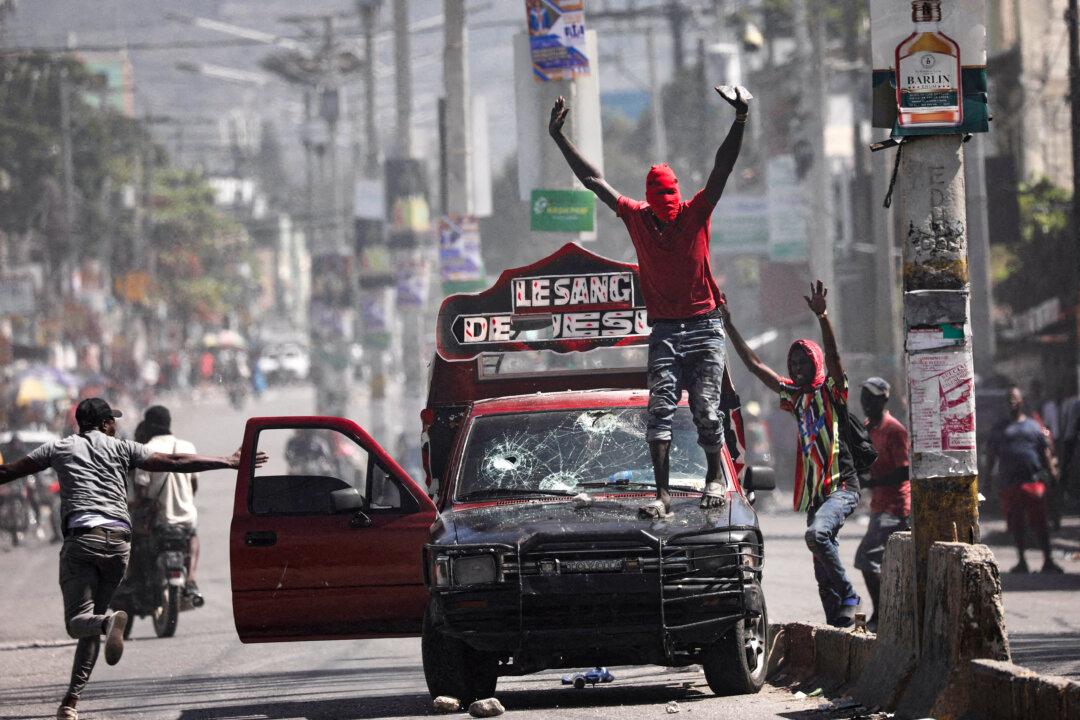With hundreds of Americans stranded in Haiti calling for help, a Florida-based rescue team led by military veterans is answering the call.
Project Dynamo, headquartered in Tampa, was co-founded by veterans Bryan Stern and Stanley Bunner in response to the withdrawal of U.S. troops from Afghanistan, where hundreds of American citizens and U.S. allies were left behind.





